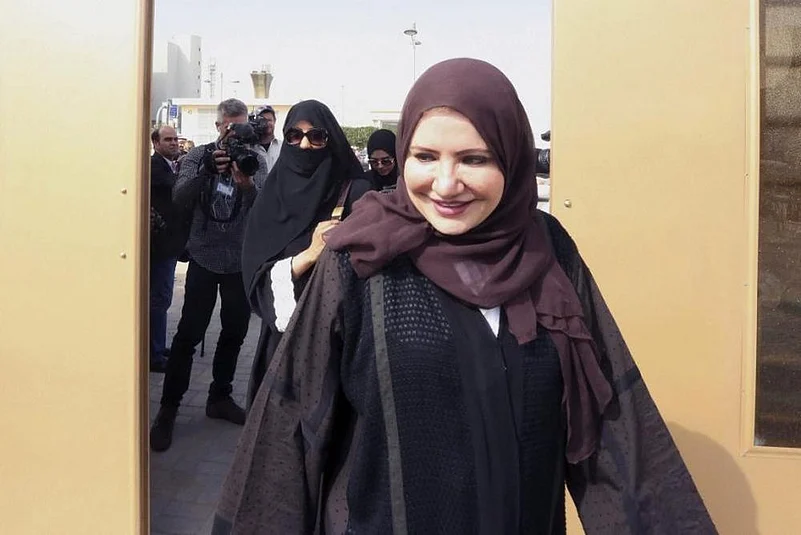With Saudi Arabia allowing its women to drive, the expatriate community from India, particularly Kerala, fears an impending job crisis.
The Hindu reports that crown prince Mohammad Bin Salman’s announcement on Wednesday has made the pravasi ‘house drivers’, particularly from Kerala, insecure.
The new law allowing women to drive in Saudi Arabia will make most of the chauffers who drive women to shops, workplaces, colleges and schools redundant.
The report quotes Attakkoya Pallikkandy, the Pravasi Coordination Committee’s Chairman, as saying the move may be a boon for Saudi women but would come as a ‘big blow’ to them.
With aggressive nationalism ruling the roost and the new labour laws, Indians, the largest expatriate community in Saudi Arabia, are expected to face a job crunch.
Advertisement
There are reportedly between 5 lakh and 14 lakh chauffers in Saudi Arabia with the majority said to be from India. Working women are said to spend a large chunk of their salaries on chauffers, the report says.
Another corollary will be that Saudi women will be now more eager to pick up white-collar jobs, and could replace the expatriate professionals and executives.
On Wednesday, Saudi Arabia announced that women will be allowed to drive for the first time in the ultra-conservative kingdom next summer, fulfilling a key demand of women's rights activists who faced detention for defying the ban.
The kingdom was the only the country in the world to bar women from driving and for years had garnered negative publicity internationally for detaining women who defied the ban.
Advertisement
The move, which has been welcomed by the United States, represents a significant opening for women in Saudi Arabia, where women's rights have steadily and slowly gained ground over the years. Saudi women remain largely under the whim of male relatives due to guardianship laws.
King Salman and his young son and heir, Crown Prince Mohammed bin Salman, have tested the waters though, allowing women into the country's main stadium in the capital, Riyadh, for national day celebrations this month. The stadium had previously been reserved for all-male crowds to watch sporting events. The king and his son have also opened the country to more entertainment and fun.
Women's rights activists since the 1990s have been pushing for the right to drive, saying it represents their larger struggle for equal rights under the law.
Some ultraconservative clerics in Saudi Arabia, who wield power and influence in the judiciary and education sectors, had warned against allowing women to drive. They argued it would corrupt society and lead to sin.
Women in Saudi Arabia have long had to rely on male relatives to get to work, run errands and simply move around. The more affluent have male drivers and more recently, in major cities, women could access ride hailing apps like Uber and Careem.
Advertisement
With Agency Inputs



















